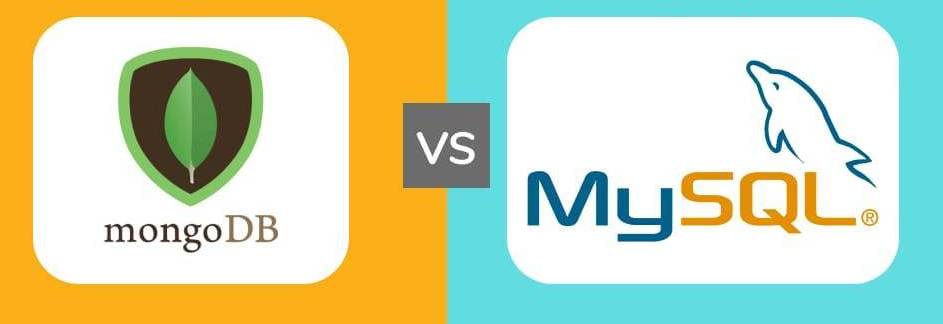What is MongoDB? How it differ from MySQL?
What is MongoDB?
MongoDB is a NoSQL document-oriented database that allows for flexible and scalable data storage. Here are some key points about MongoDB:
Document-based: MongoDB stores data in BSON (Binary JSON) format, which allows for flexible and dynamic data structures.
Scalability: MongoDB is designed for horizontal scaling and supports automatic sharding, which allows for distribution of data across multiple servers.
High performance: MongoDB has a fast and efficient query engine that supports indexing, aggregation, and secondary indexes.
Robust security: MongoDB provides various security features such as role-based access control, encryption, and auditing.
Easy administration: MongoDB has a user-friendly interface and provides various tools for administration, monitoring, and backup/restore.
Cross-platform: MongoDB runs on various platforms including Windows, macOS, and Linux.
Community and commercial support: MongoDB has a large and active community, as well as commercial support options for enterprise customers.
Widely used: MongoDB is widely used in various industries such as finance, healthcare, e-commerce, and gaming.
How it differ from MySQL?
MongoDB vs MySQL
MongoDB and MySQL are two of the most popular databases, but they have some significant differences in terms of their design, functionality, and use cases. Here are some key differences between MongoDB and MySQL:
Data Model: MongoDB is a document-oriented database and stores data in BSON (Binary JSON) format, while MySQL is a relational database and stores data in tables with defined relationships.
Scalability: MongoDB is designed for horizontal scaling and supports automatic sharding, which allows for distribution of data across multiple servers. MySQL, on the other hand, is more suitable for small to medium-sized projects and is not as scalable as MongoDB.
Performance: MongoDB has a fast and efficient query engine that supports indexing, aggregation, and secondary indexes. MySQL, however, can be slower for complex queries or large amounts of data.
Flexibility: MongoDB allows for flexible and dynamic data structures, making it easier to store and retrieve unstructured data. MySQL requires a predefined schema and is better suited for structured data.
ACID Compliance: MySQL supports ACID (Atomicity, Consistency, Isolation, Durability) transactions, ensuring data integrity and consistency. MongoDB, on the other hand, provides eventual consistency, which means data may not be immediately consistent across all nodes in a cluster.
Use cases: MongoDB is well-suited for real-time data processing, content management systems, and big data analytics, while MySQL is commonly used for web-based applications, online transaction processing, and data warehousing.
Community and Commercial Support: Both MongoDB and MySQL have large communities and commercial support options, but MongoDB has a larger and more active community.
Ultimately, the choice between MongoDB and MySQL will depend on the specific requirements of your project, including data structure, scalability, performance, and security needs.
